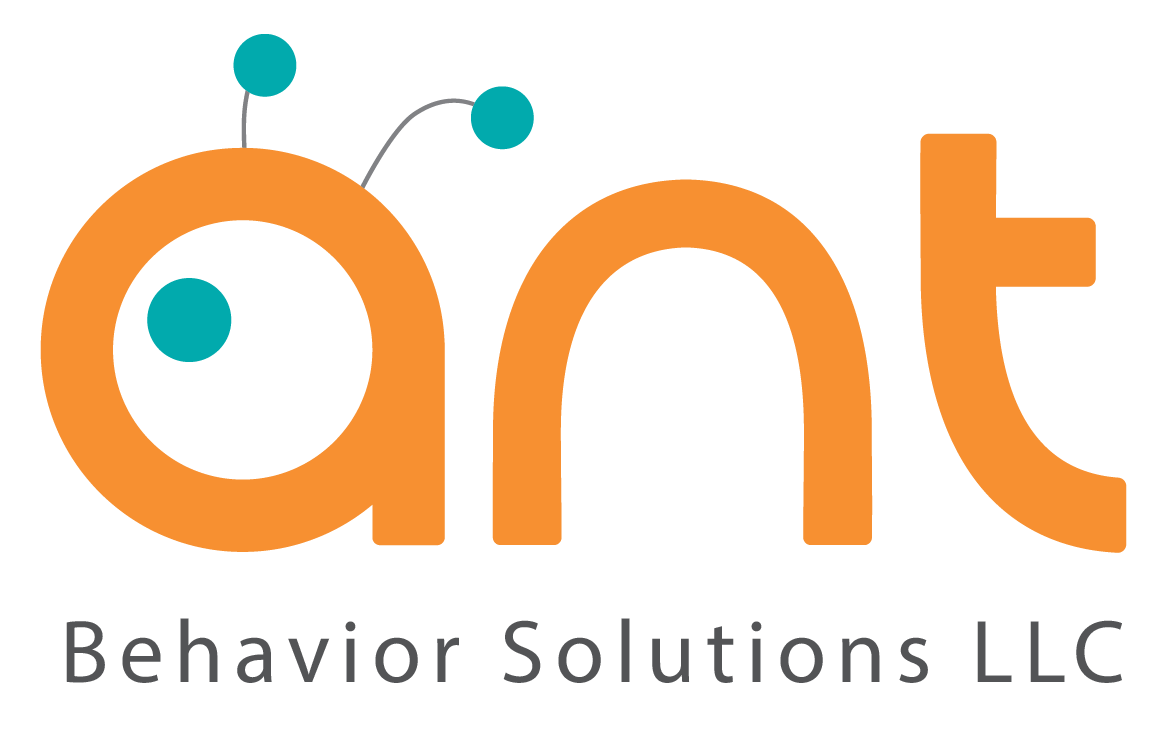Frequently asked questions
1. What is Autism Spectrum Disorder (ASD)?
Autism Spectrum Disorder (ASD) is a neurodevelopmental condition that affects communication, social interaction, and behavior. It is called a "spectrum" because symptoms and severity vary widely among individuals.
2. What Are the Early Signs of Autism?
Early signs may include:
- Delayed speech or lack of response to name
- Limited eye contact or social engagement
- Repetitive behaviors (hand-flapping, rocking)
- Difficulty with transitions or changes in routine
- Intense focus on specific interests
If you notice these signs, consult a pediatrician or developmental specialist for an evaluation.
3. How is Autism Diagnosed?
Diagnosis is typically made by a developmental pediatrician, psychologist, or neurologist using:
- Behavioral observations (e.g., ADOS-2)
- Parent interviews and developmental history
- Standardized assessments
Early diagnosis leads to earlier intervention, which can improve outcomes.
4. What is ABA Therapy?
Applied Behavior Analysis (ABA) is a scientifically validated therapy that uses positive reinforcement to teach skills and reduce challenging behaviors. ABA focuses on:
- Communication & social skills
- Daily living skills (toileting, dressing)
- Reducing harmful behaviors (aggression, self-injury)
- School readiness & independence
5. How Does ABA Work?
- A Board Certified Behavior Analyst (BCBA) creates an individualized treatment plan.
- Therapists work one-on-one with your child using structured and naturalistic teaching methods.
- Progress is tracked and adjusted based on data.
6. Is ABA Effective?
Yes! Research shows that early, intensive ABA therapy can significantly improve:
- Language & communication
- Social interactions
- Academic performance
- Adaptive behaviors
7. What Age is Best to Start ABA?
ABA can begin as early as 18 months to 6 years, but it's beneficial at any age. Early intervention often leads to the best outcomes.
8. How Many Hours of ABA Does My Child Need?
This varies based on individual needs is determined through an individual assessment. In general: :
- Early intervention (2-5 years): 10-40 hours/week
- School-aged children: 4-25 hours/week (may include school support)
- Teens/Adults: Focus shifts to life skills and independence
9. Will Insurance Cover ABA Therapy?
Many insurance plans (including Medicaid) cover ABA for autism. Our team can help verify your benefits and guide you through the process.
10. What Are Some Common Misconceptions About ABA Therapy?
Misconception 1: ABA makes kids robotic by forcing them to comply.
Reality: Modern ABA focuses on natural, play-based learning and emphasizes meaningful communication and choice-making.
Misconception 2: ABA is only about stopping 'problem behaviors.
Reality: While ABA can help reduce harmful behaviors, its primary focus is teaching new skills.
Misconception 3: ABA uses punishment or harsh methods.
Reality: Ethical ABA relies on positive reinforcement and never uses harmful tactics.
11. How Can Parents Ensure ABA is Ethical and Child-Centered?
- Choose a licensed, experienced BCBA
- Observe sessions to ensure therapy feels positive
- Ask how therapists incorporate your child's interests
- Avoid providers who use force or ignore distress
12. How Can Parents Support Their Child's Progress?
- Be involved in therapy sessions
- Use consistency at home with ABA techniques
- Celebrate small successes
- Collaborate with therapists & schools
13. What Other Therapies Can Help?
ABA is often combined with:
- Speech Therapy (for communication)
- Occupational Therapy (OT) (for sensory/motor skills)
- Social Skills Groups (for peer interaction)
14. How Do I Get Started with ABA Services?
- Contact us for a consultation
- Complete an assessment with a BCBA
- Begin a customized ABA program
